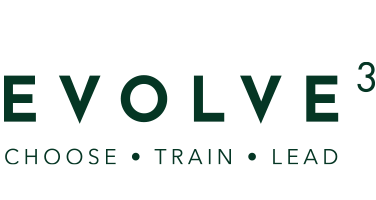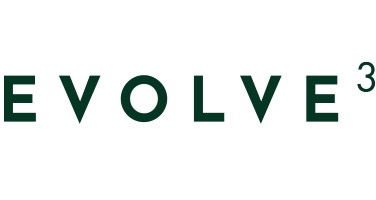
19 Aug How will you know it’s true? A guide to cross-checking
One of the challenges many new leaders face is understanding how to move from being a doer to an overseer.
When you’re a doer, you’re just responsible for your own performance. As soon as you become a team leader or manager, you’re responsible for the performance of others.
This is were many newly minted leaders begin to struggle.
Strong cross-checking skills are necessary to maintain appropriate standards of productivity and performance with your team. How will you know who deserves praise for a job well done if you don’t cross-check regularly? How will you be able to address performance issues before they get out of hand and cause problems?
Do you have staff whose words and actions don’t match? If your answer is yes, your cross-checking may need a tune up. You may be inadvertently training your staff to tell you what they think you want to hear, rather than the truth.
Here’s a few suggestions that will help you evolve your own cross-checking technique:
Begin with a closed question.
- Use a closed question to check that something has happened – such as a workplace commitment, task or responsibility.
Examples:
‘Hello John, I notice you had a training session scheduled for yesterday. Did it go ahead?’
‘Hello Kim, I‘m following up your commitment to finalise staff leave rostering for the Christmas period, is it completed?’
‘Morning chef, have today’s lunch specials been costed?’
If the answer is no, you can deal with it straight away. If the answer is yes:
- Gather more information.
Ask a few more questions until you have enough information to either double check what is being asserted or their answers match what you already know about the situation. Then follow through by physically checking what you’ve been told.
Examples:
‘Richard, pretend I’m a new staff member who wasn’t trained in this procedure. Can you step me through how you’d explain this?’
‘Clare, if you weren’t rostered on today where would I go to find what you’re talking about? . . . Let’s go and have a look at it.
‘That all sounds excellent Amit, show me please?’
If you get a negative reaction to cross-checking in this way, you might try this version:
‘I get that you’re a bit irritated that I’m not just accepting your word, I’m not doing my job properly as a manager if I don’t cross-check. I’m ultimately responsible for standards being maintained. Can you show me please?’
- Rephrase and summarise what you’ve heard
- Go and see for yourself
Hopefully, most of the time, you’ll be reinforcing good quality work. If not, you’ll be able to counsel or coach and reset your expectations.
Key take-aways:
- Effective cross-checking is about establishing reliability, both yours and your staffs’. Your team will learn to follow through if you are a consistent, competent cross-checker. People realise it’s easier to be up front and honest with you rather than get caught out.
- Establishing trustworthiness. If you don’t cross-check regularly, you’re training your staff to say anything to you.
- Use reminders for timely follow-up. Lead by example to improve the reliability and effectiveness of your whole team.
- Leadership is usually easier when people’s words and actions match.
If you’re interested in learning more about effective leadership communication, consider attending our How To Lead workshop – communication essentials for hospitality leaders.



